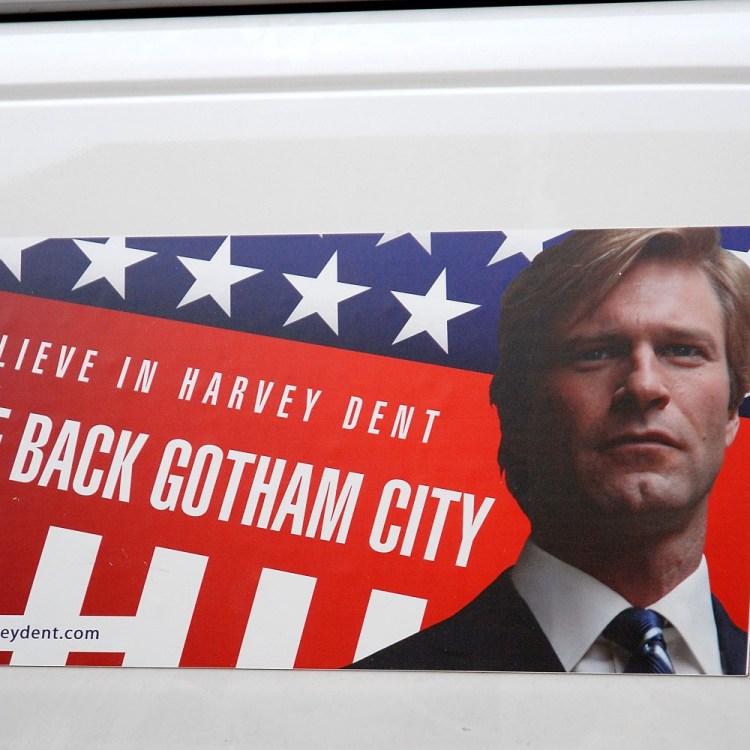A controversial new streaming service called VidAngel is aimed at conservative movie fans who give a thumbs down to nudity, violence and cursing.
The service, the brainchild of practicing Mormon Neal Harmon, allows users to apply hundreds of filters to Hollywood movies and shows to block out objectionable material, reports Vanity Fair.
Harmon, oddly, got rich by “showcasing filth,” making a 2013 viral marketing campaign with his brothers for the fecal deodorizer Poo-Pourri. (That ad was viewed nearly 40 million times, but the brothers topped that with 124 million YouTube views for their toilet-centric ad for the Squatty Potty, which featured a unicorn pooping out rainbow colored soft-service ice cream.)
His new venture may be even more controversial: VidAngel is back up and running after six months of being offline due to a lawsuit. Harmon’s company is currently being sued by four major movie studies for censoring their films without permission, but he says he’s not backing down.
The service launched in 2014 in order to provide an alternative for conservative-minded audiences that felt like “second-class media citizens.” VidAngel turns the director into a second-class citizen. For example, the movie Dirty Grandpa boasts a three-minute sequence featuring Zac Efron’s character doing drugs, dancing while nearly nude and grinding with women. With 740 of VidAngel’s filters, that sequence becomes a short series of cuts lasting only a few seconds.
VidAngel has already attracted hundreds of viewers. It was sued in June 2016 by Disney, Lucasfilm, Warner Bros., and 20th Century Fox. The service did not shut down after a judge granted the studios’ request for an injunction, so VidAngel was held in the contempt of court and given a $10,000 fine.
The service relaunched on June 13.
Harmon aspires to make a service that appeals to many groups — with the probable exception of studio execs.
“Maybe the Muslims will tag for Allah,” he says. “Christians will tag for the Lord’s name in vain. Maybe the LGBT community will tag for bullying. Maybe a feminist group tags for the objectification of women. Whatever the group, we would like to get to the point where it’s a cultural thing and people create their own tags. And these tags help people make decisions about what content they want to consume.”
This article was featured in the InsideHook newsletter. Sign up now.























